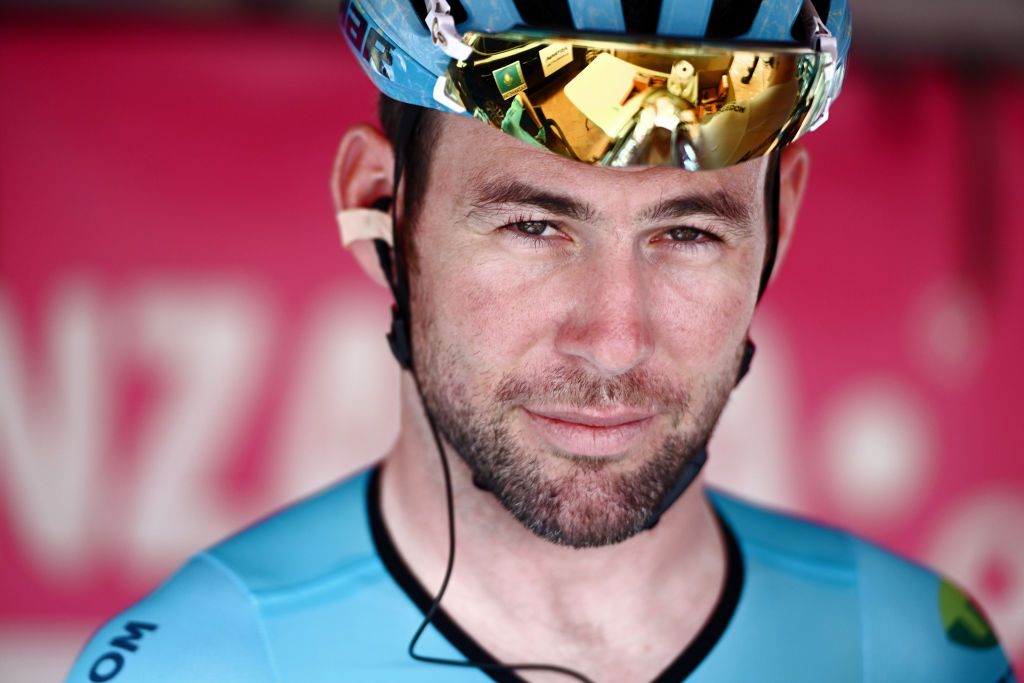The Success and Failure of Sharm Al Sheikh
The only noteworthy success of the conference was the relatively smooth reaching of a compromise by the international community on a joint declaration. The US administration provided its international justification for its military existence in Iraqi for a period of time providing that it is not "open-ended". Colin Powell, a general with a dove-like approach to diplomacy, attended the Iraqi Conference as the US representative for the last time and held back none of his diplomatic tricks. The prominent hawk Condoleeza Rice will be attending these types of conferences going forward.
France forced the Bagdad (Baghdad) administration to set up new meetings among Iraqi opposition groups to encourage participation in the elections and Turkey expressed concerns about Kerkuk (Kirkuk) and supported the notion that "Elections should include all of Iraq."
The Egyptian administration selected the vacation town of Sharm Al Sheikh to hold the international discussions of Iraq’s thorny issues. Sharm Al Sheikh, which reminds one of Antalya, is a charming vacation village on the Red Sea coast. Aside from Egyptians employed in the town, its population is completely foreign. The town was recognized as the site of Middle East negotiations in 1993 and witnessed Arafat’s rejection of the historic opportunity for peace in 2000.
In addition to hosting Italians, Russians, and Germans, Sharm Al Sheikh is a popular destination for Israeli tourists. Following the recent terrorist attacks on the Egyptian vacation village of Taba, the entrances and exits of Sharm Al Sheikh are under tight control.
The Palestinian conflict was discussed at the Iraqi conference. Foreign Ministers attending the conference signed decisions regarding the conduct of the Palestinian elections and the need to hold the Israeli administration back from actions that would harm the election environment. They also demanded that Israel permit Arabs living in eastern Jerusalem to participate in the elections. The US administration guaranteed it would put pressure on Israel about the issue.
Attending representatives shared their views on a variety of other issues as well at the Conference. A Syrian minister raised the issue of continuing bloodshed in Palestine and Felluce (Fallujah). Turkey demanded that holy places be respected during the continuing military operations in Iraq. The interim Iraqi government announced again that they would not tolerate insurgents committing terrorism. Powell and Zebari were confronted by distressing accusations and questions about Fallujah asked by emotional individuals struggling for a chance at the microphone. Powell and Zebari were visibly affected by the questions, one of which was: "You carried out a massacre in Fallujah. What are you trying to prove by killing men in a mosque?" The two leaders found escape was the best solution.
In fact, the media presented the biggest disappointment of the Sharm Al Sheikh summit. Although world leaders came to the Conference to compromise, the tone did not carry through to the press. Whether because of the land or water, press agents argued and fought with one other many times. The behavior of the press alarmed US Secretary of State Colin Powell and Iraqi Foreign Minister Hosyar Zebari. Turkish Foreign Minister Abdullah Gul did not hold a press conference because of the arguments of over 300 media members watching the conference. Media members continued to fight after Gul’s departure.
Although the outcomes of the summit were limited, a pursuit mechanism was formed. International follow up was done to ensure that the Iraqi government adheres to the election schedule. Turkey was given credit and praise for initiating the Iraqi Neighbors Conference and world leaders urged Jordan to start preparing for a new conference in December


